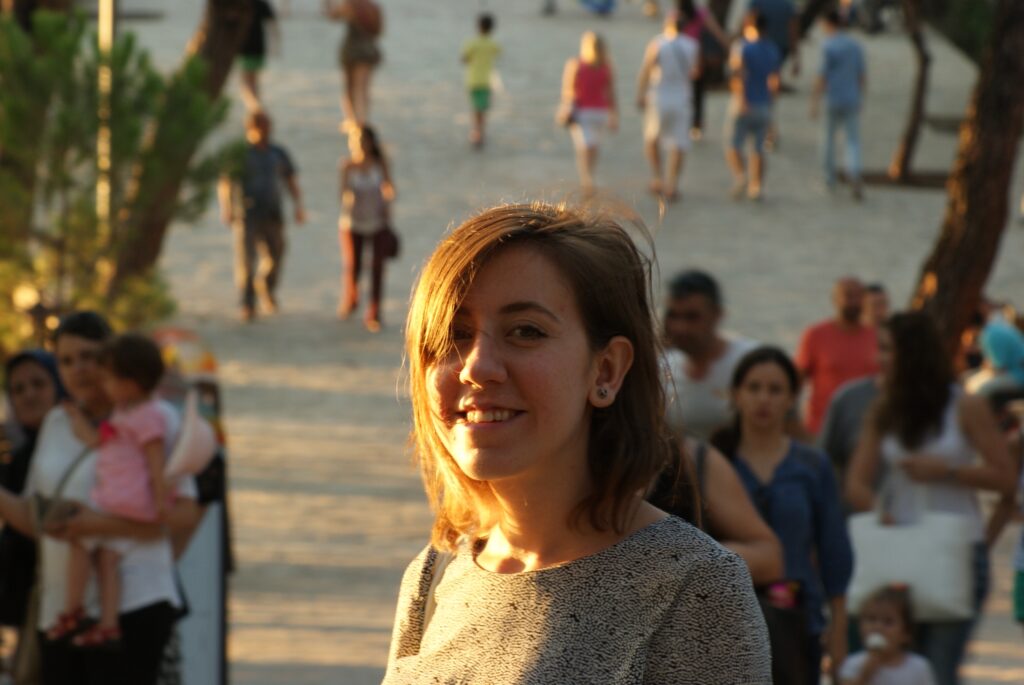Meet Our 2015 Wadsworth International Fellows: Elif Irem Az
 The Wadsworth International Fellowship provides the opportunity for students in countries where anthropological education is underrepresented to receive world-class training at a university abroad. In the second of a series of posts introducing this year’s new cohort of fellows we meet Elif Irem Az of Turkey, whose work concerns militarism, gender and violence and will be studying for a doctorate at Columbia University.
The Wadsworth International Fellowship provides the opportunity for students in countries where anthropological education is underrepresented to receive world-class training at a university abroad. In the second of a series of posts introducing this year’s new cohort of fellows we meet Elif Irem Az of Turkey, whose work concerns militarism, gender and violence and will be studying for a doctorate at Columbia University.
During my undergraduate studies in Political Science and International Relations at Boğaziçi University in Istanbul, my compulsory courses largely focused on quantitative research methods and grand theoretical narratives, which usually disregard the experience and subjectivity of both the subjects of the study and the researcher. As a result of my disappointment towards the mainstream research practice within political science as well as of my active involvement with the feminist movement(s) in Turkey, in the later stages of my undergraduate education, I gravitated towards sociocultural anthropology, a discipline which takes into account the significance of self-reflexivity and textuality.
I enrolled in the Master of Arts program in Cultural Studies at Sabancı University in the fall of 2012 with a full scholarship and teaching assistantship, and received my master’s degree in September 2014. Owing to my experience at Sabancı University, teaching is of great value to my academic life.
My master’s thesis entitled Military Masculinities in the Making: Professional Military Education in Contemporary Turkey was on military masculinities and professional military education in contemporary Turkey, and I have ongoing interests in militaries, militarism, gender and violence.
The connections between the body/self and labor in Turkey are central to my current research interests. In my doctoral work, I plan to focus on the intersections of the ongoing rural transformation in Aegean Turkey, national and international agricultural regulations of the neoliberal era, public discourses and policies on coal mining, and mineworkers’ understandings of the body as the self and as labor, and of life and death. Finally, I hope the interplay between fieldwork, ethnographic writing and fiction to be a fundamental concern of my research and writing.